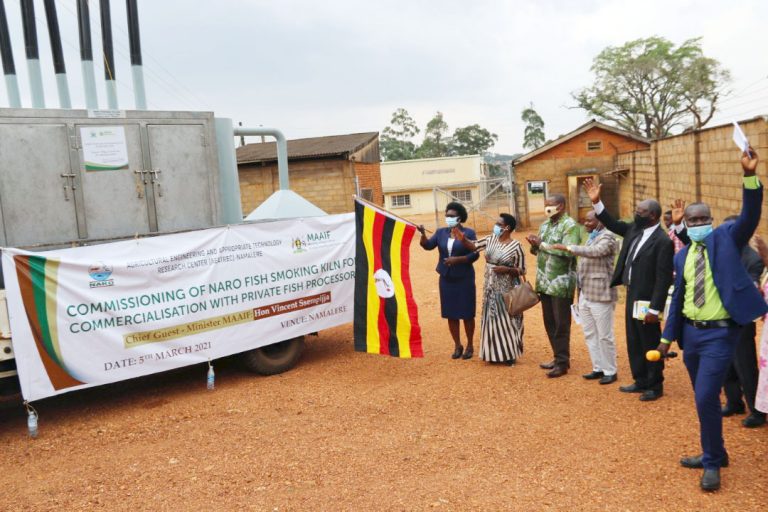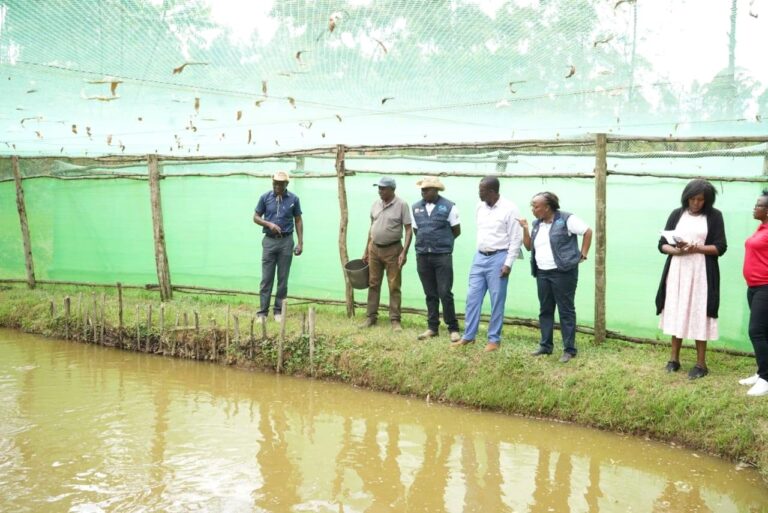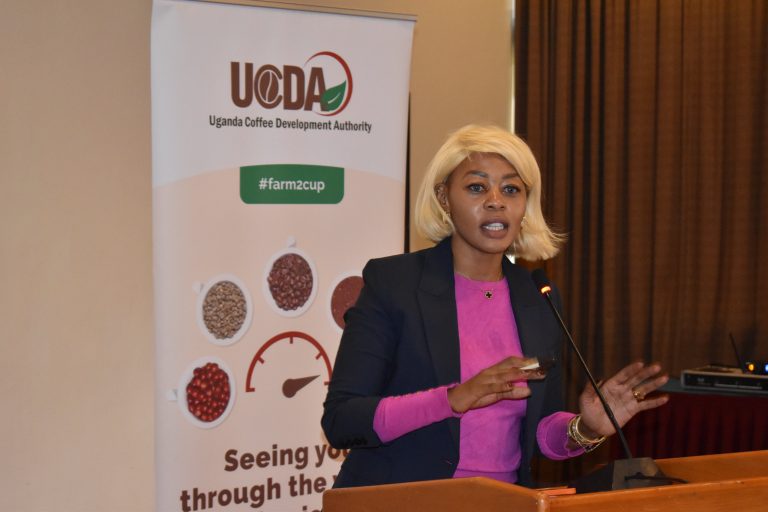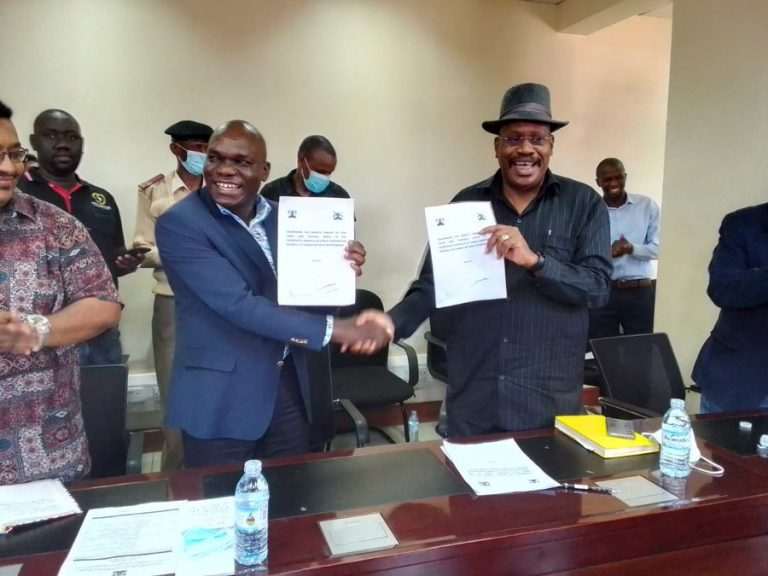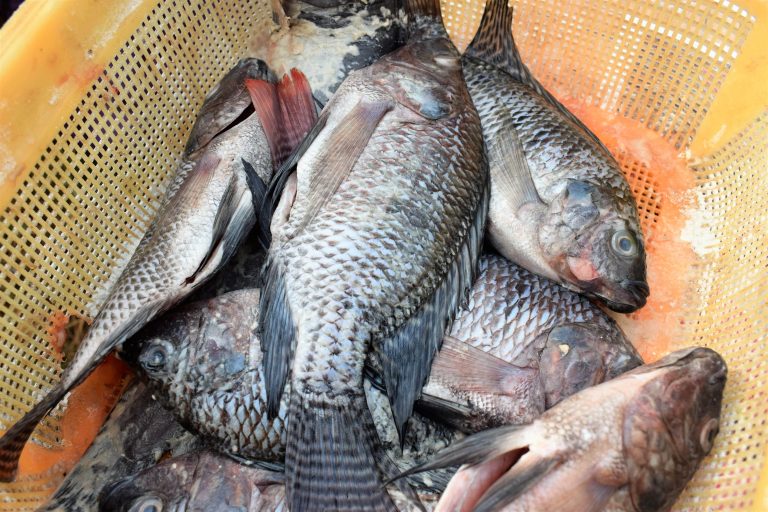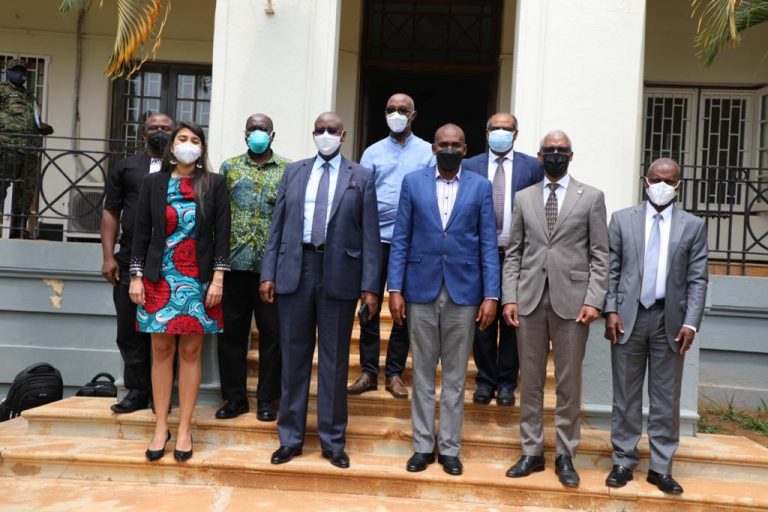Scientists at the National Agricultural Research Organisation (NARO) in Uganda have come up with a smoking kiln for commercialization with private fish processors. According to the Ministry of Agriculture, Animal Industry and Fisheries (MAAIF), dozens of these kilns have already been made.
While officially launching the kiln, Hon. Hellen Adoa, the State Minister for Fisheries, officially lauded NARO for the smart technology that she said reduces cancer-causing compounds in smoked fish, increases market value of smoked fish on top of helping to conserve forests through reducing the usage of firewood for smoking fish.
“This kiln will also reduce the emission of greenhouse gases and many other benefits. I have noted that it can also enhance food security, improve livelihoods for low-income groups and empower disadvantaged groups of society like rural women, youth and the disabled,” she said. “This gives me renewed comfort that the opportunity for value addition through agro-processing is enormous and that this innovation will enhance Uganda’s competitiveness on the world market, boost foreign exchange earnings and in turn create employment opportunities for our youth.”
Allan Ddamulira, a beneficiary of the fish smoking kiln, said the innovation brings hope at a time when fish farmers were frustrated by lack of market due to the closure of the Rwanda-Uganda border. “Fish, being highly perishable, we made huge losses. However, this kiln widens the go-to-market window for us to sell more over time,” he said.
Dr Ambrose Agona the NARO Director General, said the fish smoking kilns are ready for uptake by private sector players. “We have already fulfilled six orders from fish processing groups across the country and the beneficiaries are satisfied,” he said.
One of the first beneficiaries of the fish smoking kilns is Kiyindi Women’s Fish Processing Association. Dorothy Nabakooza, the association’s secretary, lauded NARO for the breakthrough technology. “We have always struggled to meet expectations of the fish demand due to old-fashioned technology of smoking the fish but with this kiln, we don’t have to worry about when to sell our fish,” she said.
Adoa added that the innovation is in line with the strategies of MAAIF. “I encourage the scientists to be more innovative so that we are able to solve more of the current problems facing Uganda’s fishing sector,” she said. “To the beneficiaries, you are reminded that this is a contractual obligation which is in line with the government policy on public-private partnership arrangement. I urge you to stick to your responsibilities to enable the ministry to promote and commercialize the fish smoking kiln for processing of quality smoked fish suitable for both domestic and export markets.”


